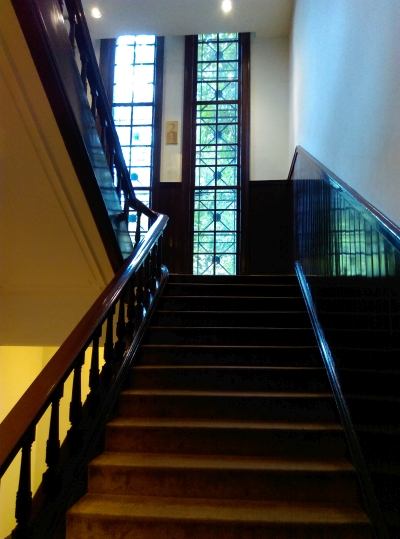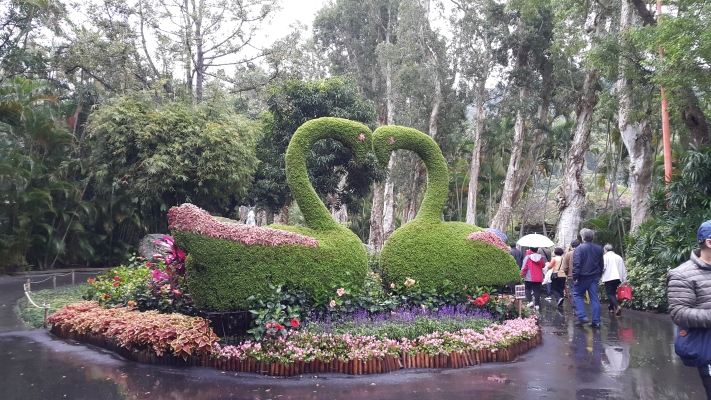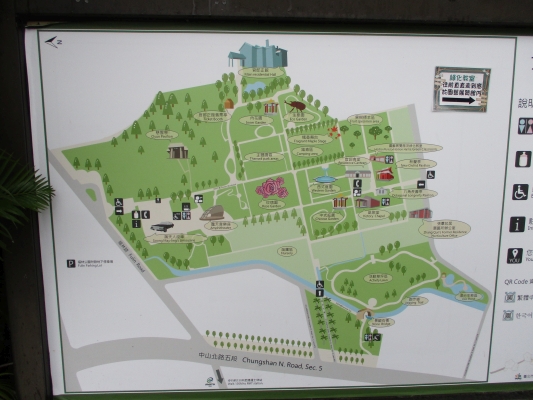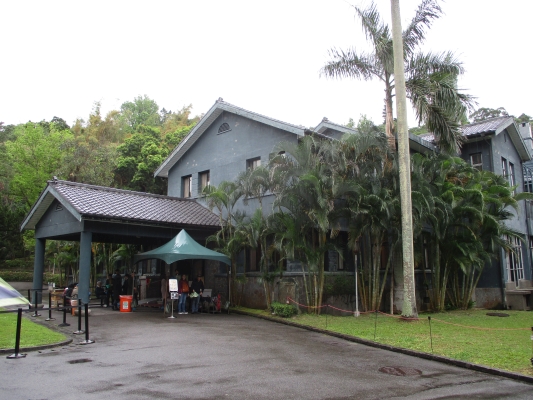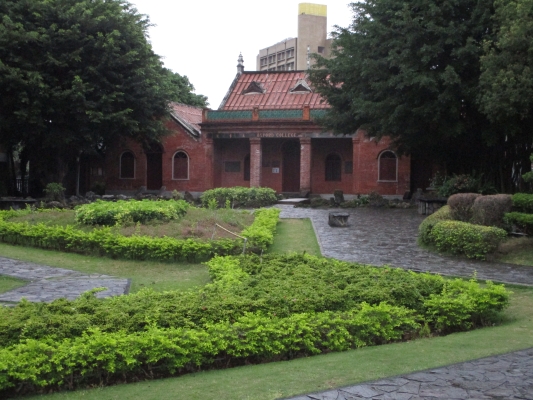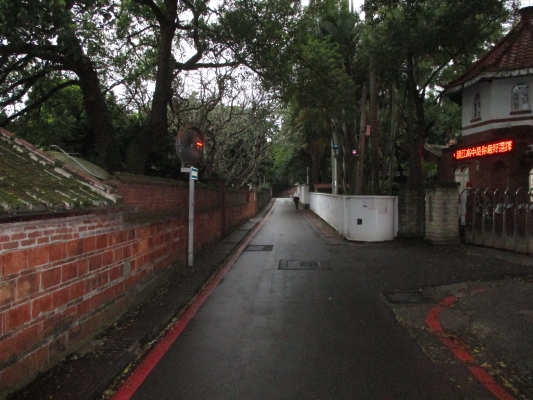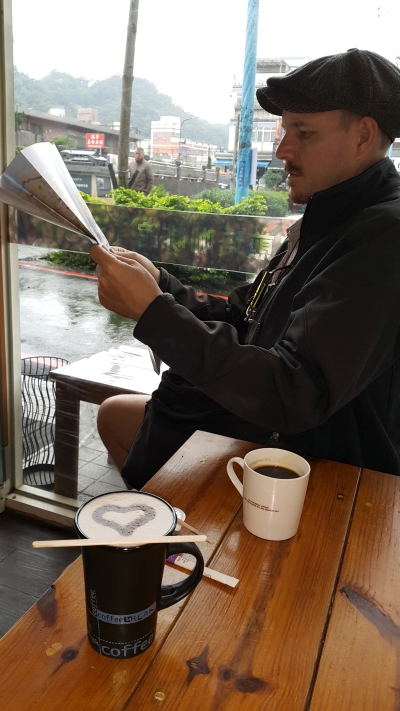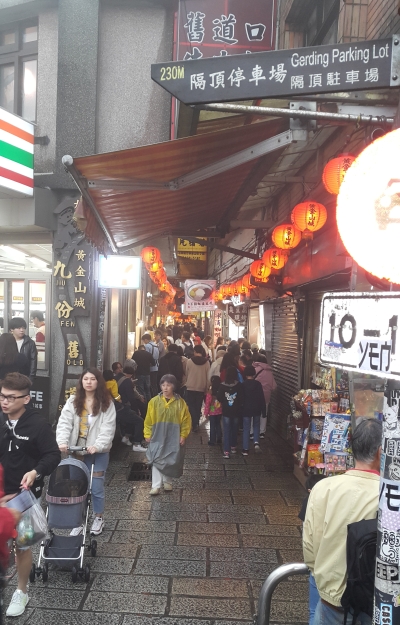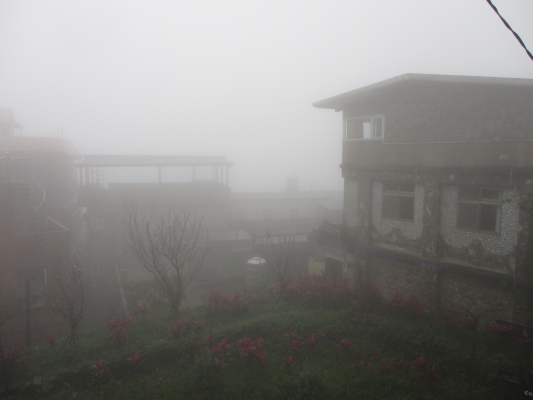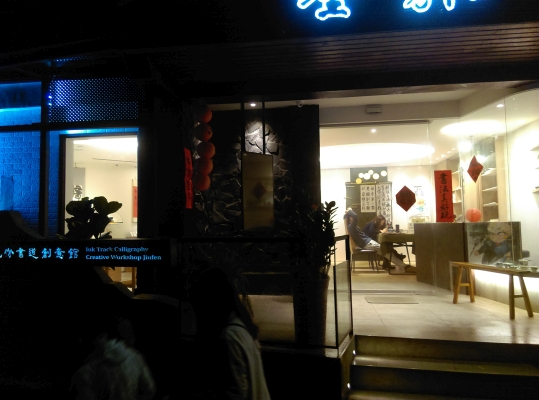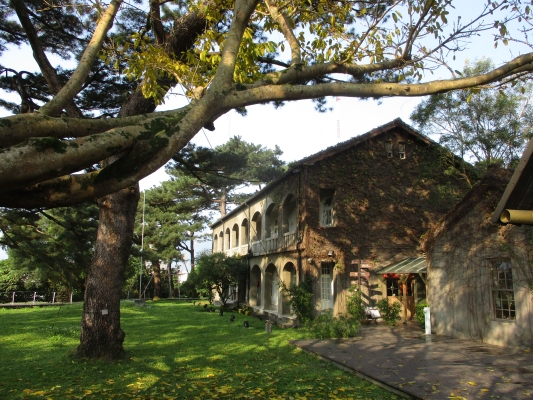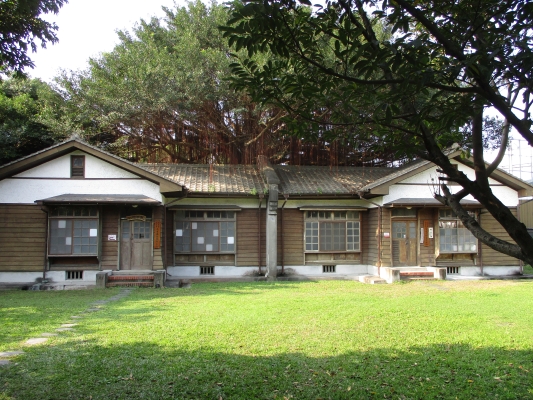SATURDAY, 30 MARCH 2019
Thought about it again last night: the impression and accompanying programming I had received in my youth, and until recently never corrected, that making money should not just be a struggle but also that the result of my efforts would never actually be good enough. When I asked – who? my subconscious? – the hypothetical question of when I would reach a point where I’d consider that I had “made” it, the answer came promptly and clear as daylight: Never.
A terrifying insight, finally uncovered when I happened to think the right words in the right order.
Needless to mention by this time that this was all a misunderstanding. It doesn’t need to be a struggle to make money. You can, like any other person taking the right steps, get the appropriate results. After all, it works for me when I take the right steps with my health, and it worked for me when I took the right steps when I met someone I liked.
Regarding health and relationships I received reasonably good programming and exposure as a young person, and little resistance if I had wanted to go in another direction – my older sister, for example, decided for some time shortly after high school that she was a vegetarian, and I observed that there wasn’t much resistance from my parents. My programming regarding personal finances and making money was, however, a textbook fuck-up.
Okay, very little of this hasn’t been spelled out yet, so let me get to the real point: Take the right steps and get the appropriate result. Take more of the right steps and move even further in the direction you want to go. More right steps, more right actions, more appropriate results … until you reach a point that can only be described as you having broken through to the other side. As you stand on what would clearly be the opposite bank, you might still wonder when exactly “all of this” happened. But there would be no doubt: You will have made it.
And this does not only apply to making money, but also to relationships, and to health.
THURSDAY, 4 APRIL 2019
I smoked for fourteen years. Since I worked in a tobacco shop in my early twenties where I was surrounded by fragrant tobacco every day, I started with pipe smoking. Later I worked my way through a series of cigarette brands I believed would enhance my personal identity. First there was Camel Lights, then Gauloises Blondes, then Marlboro Lights and finally Craven “A”. Then, after trying hard for a few weeks in 2002 to quit, I puffed on with a better class of cigarette called Nat Sherman.
Like most habitual smokers, I knew I eventually had to overcome the habit. I knew it wouldn’t be easy. I really liked smoking. There was something about craving a cigarette, and then after a while getting an opportunity to break away … taking out a cigarette, tapping it on the packet, lighting the tobacco, and taking that first drag of smoke into your lungs. Salvation! I was also conceited enough to imagine myself a more discriminating smoker than people who smoked ordinary convenience store cigarettes – I even rolled my own smokes.
I was one hundred percent smoker; there was no doubt about that.
And then, the day after Christmas 2008, I – once again – started taking steps to shake the habit. First I threw my remaining cigarettes into an old book bag, together with all my lighters, ashtrays, tobacco, roller, rolling papers, filters, and pipes, and took it to my (then) fiancé’s apartment. After a week, as I had negotiated with myself, I smoked two cigarettes. Then two weeks nothing, then another cigarette (maybe two). I might have smoked a cigarette again at the end of January, and then six months passed before I bought another pack to enjoy some cigarettes with friends on a night out. I was, however, strict about one rule: I wouldn’t smoke any cigarettes at home. The packet would go into the fridge until another social event. So it went on – two or three cigarettes when we went out with friends every few weeks, but nothing on my own at home.
By 2013, a few months had gone by that I didn’t smoke any cigarettes. When we went out again one night, I realised I had no desire to stand outside with the smokers and suck on a tube of tobacco. The idea of the smell on my fingers, the taste in my mouth, the possible sudden rise in blood pressure, the light feeling in my head – were simply not worth the experience I had previously enjoyed so much.
It was clear that I had reached the other side. I was no longer a smoker. The other side had become my new reality. I could have wondered if I wanted to: When did this happen? Had I asked, I would have answered: Do you remember all the steps you have taken since Christmas 2008?
* * *
One more example: For many years in my twenties and early thirties I was on my own – alone, stuck with only my own company even at times when I really would have enjoyed some female companionship. It felt like it was my fate in life. I got so used to it that I couldn’t imagine myself having a female presence in my life ever again – with all the wonderful benefits that come with it. I started accepting that I was on one side of the chasm, and people who had found happiness with another person were on the other.
Then I met a woman – also from South Africa, a few months after she had arrived in Taiwan. From that very first day I knew I liked her. But I was sure she would never see me as anything more than a friend.
Over the next few months, however, I got to know her better, and to my deepest surprise, I received some signals that she might just be interested in more than just friendship.
So I started taking steps to turn the connection between us into something more. As anyone who has ever gone from “nothing” to “definitely something” with another person knows, there was a series of “negotiations”. I followed the steps and undertook the negotiations to the best of my ability.
And then, one day, there was no doubt that I was on the other side of that chasm. No doubt. Once again, I could have looked myself in the eyes in the bathroom mirror and asked: When did this happen? When did this become my new reality? Once again, I could have answered: Do you remember seeing her again after a few weeks, and afterwards giving her a call and suggesting that you meet for coffee the next day – a Sunday it was? Do you remember other appointments and dates over the next few weeks and months? Do you remember taking a series of actions with a dash of positive expectation?
______________________


